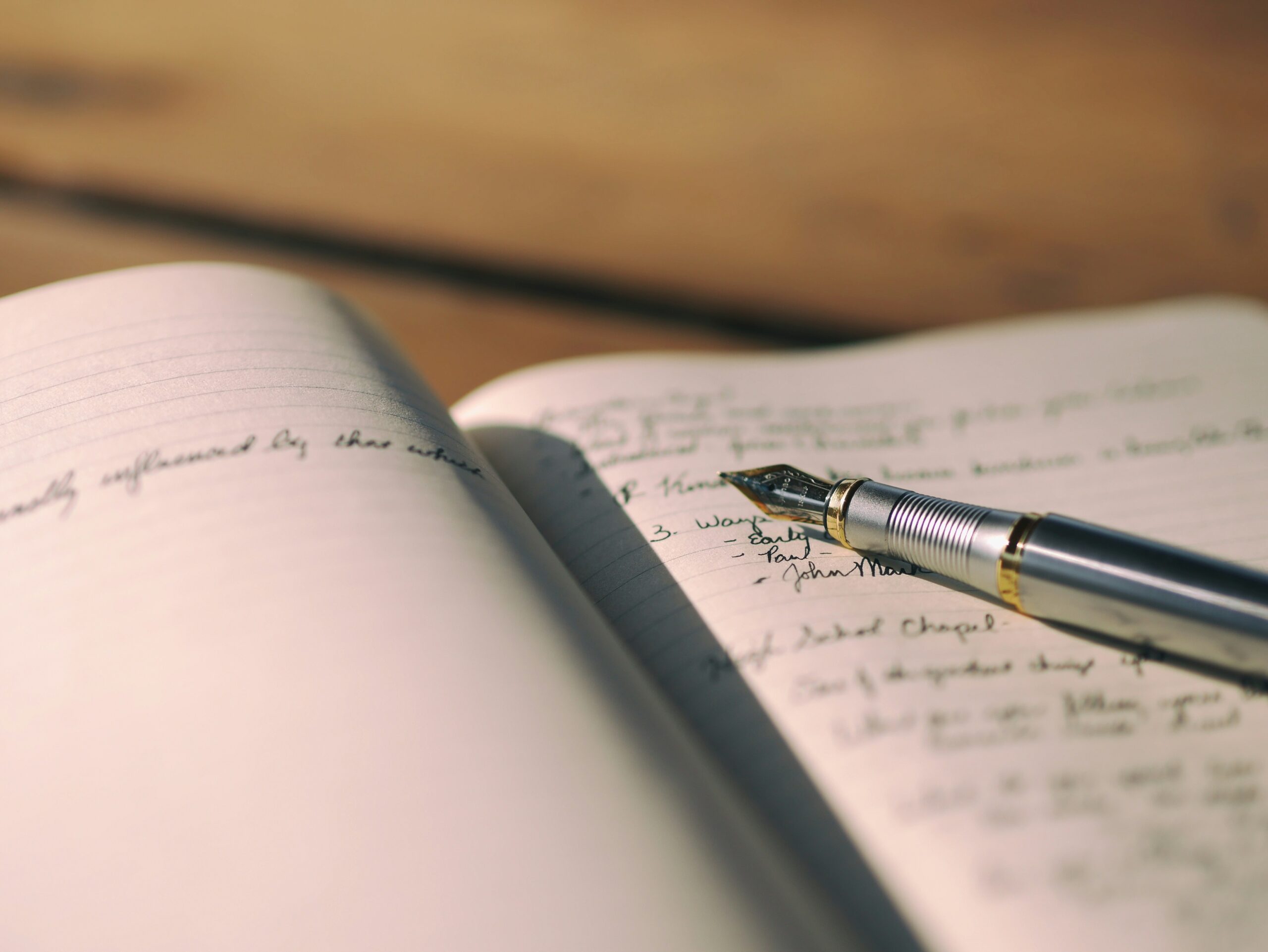
Journaling Prompts to Close Your Day
Have you ever felt like your mind is buzzing with thoughts and emotions at the end of the day? Journaling can be a powerful tool to help you unwind, reflect, and prepare for tomorrow. In this post, we’ll explore some effective journaling prompts to close your day on a positive note.
Why Journaling at Night is Beneficial
Journaling at the end of the day offers a myriad of benefits. According to research, writing about our experiences and emotions can significantly reduce stress and improve mental clarity. It allows us to process the day’s events, reflect on our feelings, and plan for the future.
Expert Opinions
Psychologist Dr. James Pennebaker, a leading expert on expressive writing, states, “Journaling helps individuals make sense of traumatic events and reduces the impact of stress on their mental health.”
Effective Journaling Prompts
To make the most out of your journaling practice, consider using these prompts:
- What are three things you are grateful for today? Gratitude journaling has been shown to enhance mental well-being and foster a positive outlook on life.
- What was the highlight of your day? Reflecting on the best part of your day helps you focus on positive experiences.
- Did you face any challenges today? How did you overcome them? This prompt encourages you to analyze your problem-solving skills and resilience.
- What did you learn today? Identifying daily lessons can promote personal growth and continuous learning.
- How did you take care of yourself today? Self-care is crucial for maintaining mental and physical health.
- What are your goals for tomorrow? Setting intentions for the next day helps you stay focused and motivated.
- How do you feel right now? Expressing your current emotions allows you to process and release any lingering stress.
- What are you looking forward to? Anticipating future events can boost your mood and provide a sense of purpose.
Research Findings
Studies have shown that regular journaling can improve sleep quality. A study by the University of Texas found that participants who spent just 15 minutes writing down their thoughts before bed fell asleep faster and experienced better sleep quality compared to those who didn’t journal.
Personal Anecdote
When I started journaling at night, I noticed a significant improvement in my overall mood and sleep patterns. It became a therapeutic ritual that allowed me to declutter my mind and end the day on a positive note.
Actionable Tips for Effective Night Journaling
- Consistency is key: Try to journal at the same time each night to create a routine.
- Find a quiet space: Choose a calm environment free from distractions to focus on your thoughts.
- Be honest: Write openly about your feelings and experiences without self-judgment.
- Use a dedicated journal: Having a specific journal for your nightly reflections can help you stay organized.
- Experiment with different prompts: Don’t be afraid to try new prompts to keep your journaling practice fresh and engaging.
FAQs
Frequently Asked Questions
How long should I spend journaling each night?
It’s up to you, but even 10-15 minutes can be beneficial.
Can I use digital journaling apps?
Yes, digital journaling apps can be convenient and offer additional features like reminders and prompts.
What if I miss a night?
Don’t worry about it. Just pick up where you left off the next night.
Should I re-read my journal entries?
Re-reading can offer valuable insights and help you track your progress over time.
Is it okay to write about negative experiences?
Absolutely. Writing about negative experiences can help you process and release them.
Can I combine journaling with other bedtime rituals?
Yes, combining journaling with activities like reading or meditation can enhance your nightly routine.
What type of journal should I use?
Choose a journal that feels comfortable for you, whether it’s a physical notebook or a digital app.
How can I stay motivated to journal regularly?
Set reminders and view journaling as a time for self-care and reflection.
Pro Tip:
Keep a list of your favorite prompts handy so you can easily refer to them when you need inspiration.
Conclusion
Journaling is a powerful tool that can help you reflect on your day, process your emotions, and set intentions for the future. Incorporate these prompts into your nightly routine to experience the benefits for yourself. Happy journaling!


